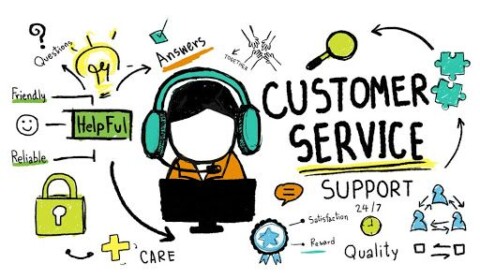Embarking on international transactions can be both exciting and daunting. Whether you’re a seasoned global trader or just dipping your toes into international waters, these tips will help you navigate the complexities of the international marketplace and conduct successful transactions across borders.
- Research Local Regulations: Before engaging in international transactions, familiarize yourself with the regulations and customs requirements of the countries involved. Understanding import/export laws, tariffs, and tax obligations will help you avoid costly mistakes and ensure compliance with local regulations.
- Choose Trusted Partners: When conducting transactions with overseas buyers or sellers, prioritize trust and reliability. Look for reputable partners with a proven track record of successful international transactions and positive customer feedback.
- Use Secure Payment Methods: Opt for secure payment methods that offer buyer and seller protection, such as escrow services or letters of credit. Avoid wire transfers or cash transactions, which carry higher risks of fraud and non-payment.
- Clarify Shipping and Delivery Terms: Clearly communicate shipping and delivery terms with your international trading partners to avoid misunderstandings or disputes. Specify responsibilities for packaging, insurance, customs clearance, and delivery timelines upfront to ensure a smooth transaction process.
- Factor in Currency Exchange Rates: Keep an eye on currency exchange rates and factor them into your pricing and budgeting decisions. Fluctuations in exchange rates can impact the cost of goods and affect the profitability of international transactions.
- Manage Language and Cultural Differences: Bridge language and cultural barriers by investing in translation services or hiring bilingual staff. Be mindful of cultural differences in communication styles, negotiation tactics, and business etiquette to build trust and rapport with international partners.
- Stay Up-to-Date on Global Trends: Stay informed about global market trends, geopolitical developments, and economic indicators that may impact international trade. Subscribe to trade publications, attend industry conferences, and network with other global traders to stay ahead of the curve.
- Build Relationships: Cultivate long-term relationships with international trading partners based on mutual respect, trust, and transparency. Invest time in building rapport and understanding their business needs and priorities to foster collaboration and repeat business.
- Mitigate Risks: Anticipate and mitigate potential risks associated with international transactions, such as currency fluctuations, geopolitical instability, or supply chain disruptions. Develop contingency plans and risk management strategies to protect your interests and minimize exposure to unforeseen challenges.
- Seek Professional Advice: When in doubt, seek guidance from international trade experts, legal advisors, or trade associations specializing in global commerce. Their expertise and insights can help navigate complex issues and ensure compliance with international trade laws and regulations.
By following these tips, you’ll be better equipped to navigate the international marketplace and conduct successful transactions across borders. Whether you’re importing goods from overseas suppliers or exporting products to international markets, effective communication, careful planning, and diligent risk management are essential for global trade success.






